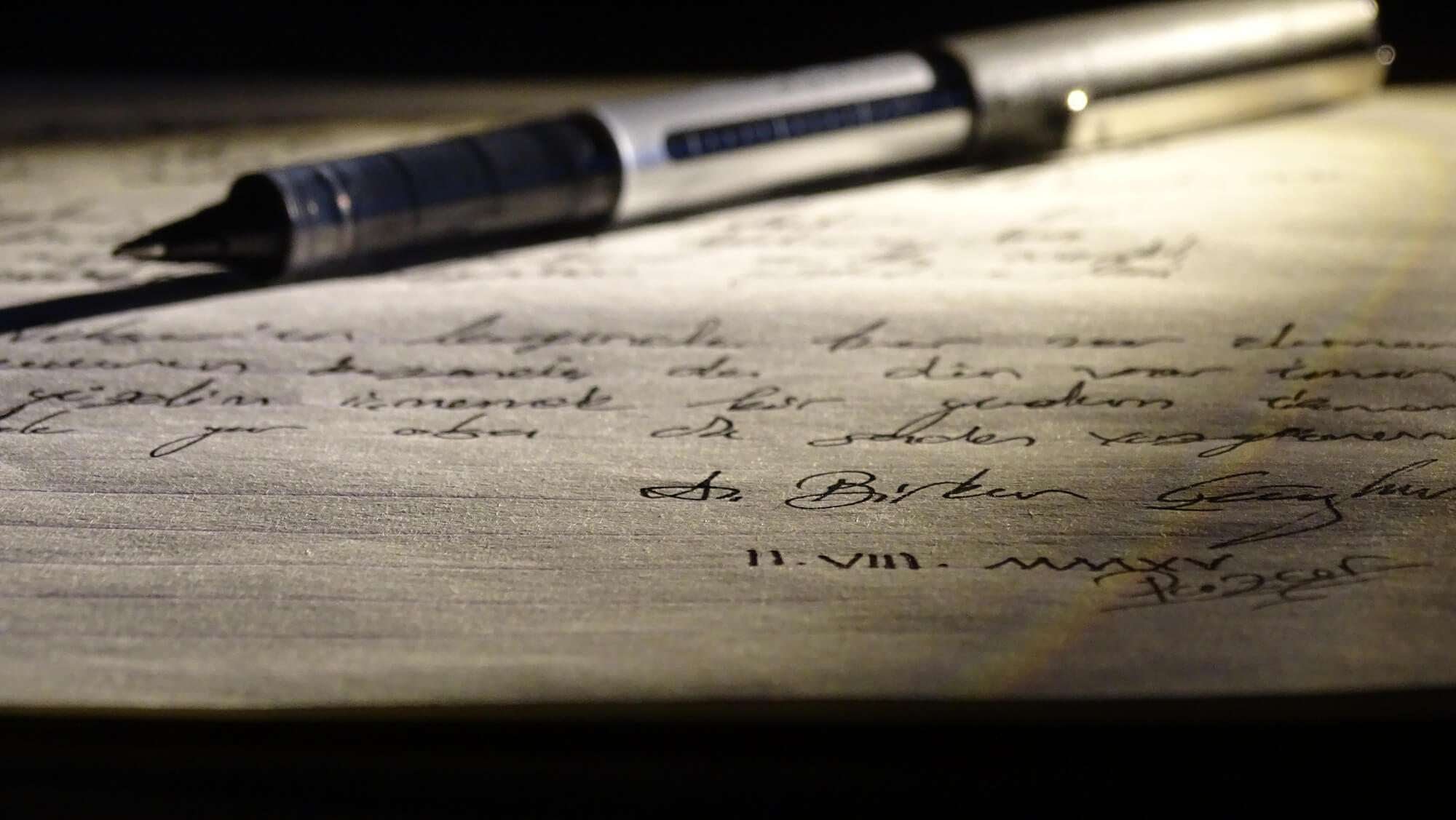Call for Papers:
Horror vacui: Fear of Space in the Ancient World
Biennial Classics Graduate Student Conference
Conducted virtually via Zoom
New York University
November 5th, 2021
Keynote: Amy Russell (Brown University)
The study of the ancient world is, at its core, an exploration of void. Void implies possibility, but also provokes fear and anxiety. We too experience this void in our scholarship - not one of complete emptiness, but one which requires careful and creative inference to reconcile the state of ancient evidence. While Aristotle, famously, was the first to remark that “nature abhors empty space,” the specific phrase horror vacui was coined only in the 20th century by Italian art critic Mario Praz, in response to works characterized by an abundance of decoration and apparent rejection of empty space. But if horror vacui implies density, it also by contrast highlights the void with which artists, scientists, and scholars of ancient history must grapple. While visual density is often the focus of modern studies relating to horror vacui, we seek to recontextualize the term across physical, cultural, temporal, and political spheres.
The goal of this conference is to explore anxieties about voids and the efforts people make to fill them, both in antiquity and today. Historical and modern experiences of studying antiquity rely upon this practice. Horror vacui can be seen in the attempts made to fill the gaps in historical or biographical accounts; thus Statius, in composing his Achilleid, remarked: sed plura vacant, 1.4. It is there in the tendency to attribute apocryphal works to well-known authors to eschew the threat of anonymity. The encyclopedic vogue of late antiquity sought to cover every domain of knowledge so as to leave no gaps. Works of art such as the Ludovisi battle sarcophagus accomplish dynamism in part by leaving no empty space where the eye might rest. The settlement of Roman veterans and the establishment of provinces on land imagined as void illustrate the uses of ostensibly empty space in the service of political interests. A new examination of horror vacui in its multiple dimensions can serve as a framework for conceptualizing our own relationship to the discipline we inhabit, and the efforts we undertake to bridge gaps and fill voids.
Possible topics may include but are not limited to:
• Literary, visual, and historical responses to real or perceived emptiness
• Theoretical, scientific, and philosophical discussions of the problem of emptiness
• Literature with the goal of producing a “comprehensive” or “universal” work, e.g. ancient dictionaries, encyclopedias, or catalogues
• Art historical or architectural trends in favor of or in opposition to complexity, ornament, and elaboration
• Urban topography and the problem of urban voids, the transformation of meaningful public space
• Manuscript studies, including lesser-studied authors and/or spurious works successfully transmitted due to a perceived void in tradition
• Responses to ecological, temporal, historical, and political forces which create an artificial void in social memory
• Urbanization and imposed settlement of “empty” lands, or emptiness as an expression of power
We welcome papers from critical perspectives old and new, including those informed by anthropological, ecocritical, and postcolonial theories and invite submissions from graduate students specializing in Greco-Roman classics and related disciplines (history, religious studies, philosophy, art history, archaeology, Near Eastern studies, Jewish studies, et al.), especially those employing interdisciplinary approaches.
Anonymous abstracts of up to 300 words, with an optional bibliography, should be submitted to nyugradconference@gmail.com in .pdf format no later than October 1st, 2021. Please include your name, affiliation, and the title of your paper in the body text of your email. Notification of acceptance will be sent in early October. Papers should not exceed 20 minutes and will be delivered via Zoom. Any questions regarding the conference may be addressed to the co-organizers, Greta Gualdi and Meredith Millar, at the same email address.

